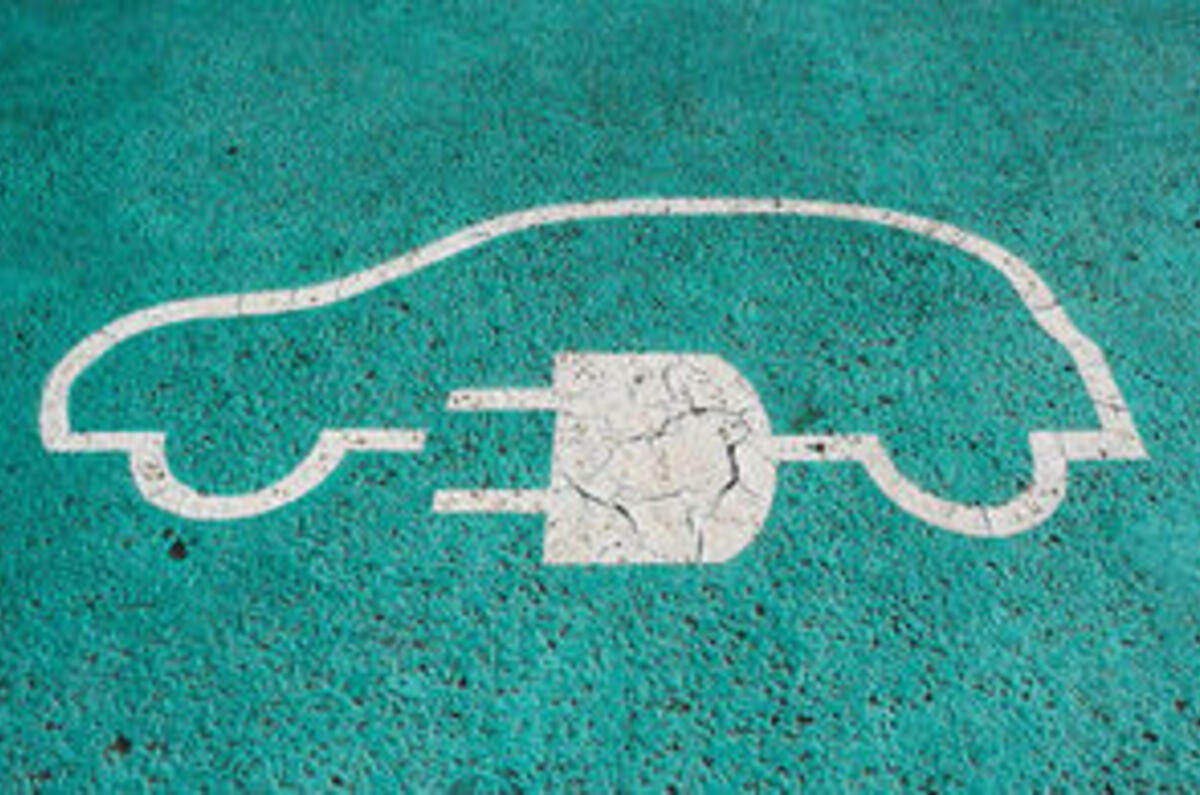The government has announced a £246m investment in battery technology for electric vehicles as it aims to “establish the UK as world leader” in the sector.
The investment, which is part of the government’s broader industrial strategy, will begin with the launch of a £45m ‘Battery Institute’ competition, which will ultimately see the formation of a centre for battery research to make technology more accessible and affordable.
It will be the first phrase of a four-year investment, known as the Faraday Challenge, which will deliver a programme of competitions aiming to “boost both the research and development of expertise in battery technology”, according to the Department for Business, Energy and Industrial Strategy (BEIS).
Once the Battery Institute has been created, the most promising research created by it will be moved closer to market through industrial collaborations, led by Innovate UK, the government’s innovation agency.
Then, the Advanced Propulsion Centre – described as a centre of excellence for low carbon propulsion development and production - will work with the automotive sector to identify the best proposition for a new open access National Battery Manufacturing Development facility.
Talking about the investment, Business Secretary Clark said: "The work that we do through the Faraday Challenge will – quite literally – power the automotive and energy revolution where, already, the UK is leading the world."
The Government and Ofgem have also set out a plan today to ensure the UK’s energy system is prepared for the anticipated onslaught of electric vehicles. BEIS commented: “With over a quarter of the UK’s electricity being generated through renewables and the costs of technologies like battery storage rapidly decreasing, there are significant opportunities to secure economic benefits for businesses and households across the country.”
Commenting on the energy system plans, Francisco Carranza, Nissan Europe energy services boss, said: “Electric vehicles are not just changing the way we drive, but also the way we live. To ensure Nissan plays a wider role in the advancement, and protection, of our cities and towns, our electric vehicles will be used as clean mobile energy units. This is an area of extraordinary potential both in terms of the environment and the affordability of energy in the future."
He added: “We now look at our cars as so much more than products which simply move people from A to B – they are an intrinsic part of the way we consume, share, and generate energy. This will have a fundamental impact on the shift from fossil fuels to renewables.
“Our vehicles can be plugged into the grid and support the transmission and distribution companies in making the UK grid more sustainable and more stable. The increase of electric vehicles penetration, the introduction of more and more distributed generation and storage and the overall increase in renewable energy penetration should be done smartly. In addition to Nissan electric vehicles and the vehicle to grid services, we also have plans for our batteries once they have been used in cars – as stationary energy storage units which can be filled by renewable sources.”
Clark also confirmed the launch of the third Connected Autonomous Vehicles research and development competition, with £25 million of funding being made available to new projects.
For the first time, the government is making funding available to off-road driverless innovation, with investments earmarked for cutting-edge projects that will grow the commercial potential of off-road driverless technology in a range of sectors including construction, farming and mining.
Read more:
The UK's first electric vehicle showroom opens in Milton Keynes
Renault Zoe review
Nissan Leaf review




Join the debate
Add your comment
Delusions of grandeur
Battery hens
Will this save the new generation of Mini EV's made in Europe? (sorry- not UK).
We have far bigger fish to fry than this
How about a few more prisons, nuclear power stations, police, nurses etc etc. We seem to be a world leader in throwing good money down the drain! The battery technology boat has already sailed.